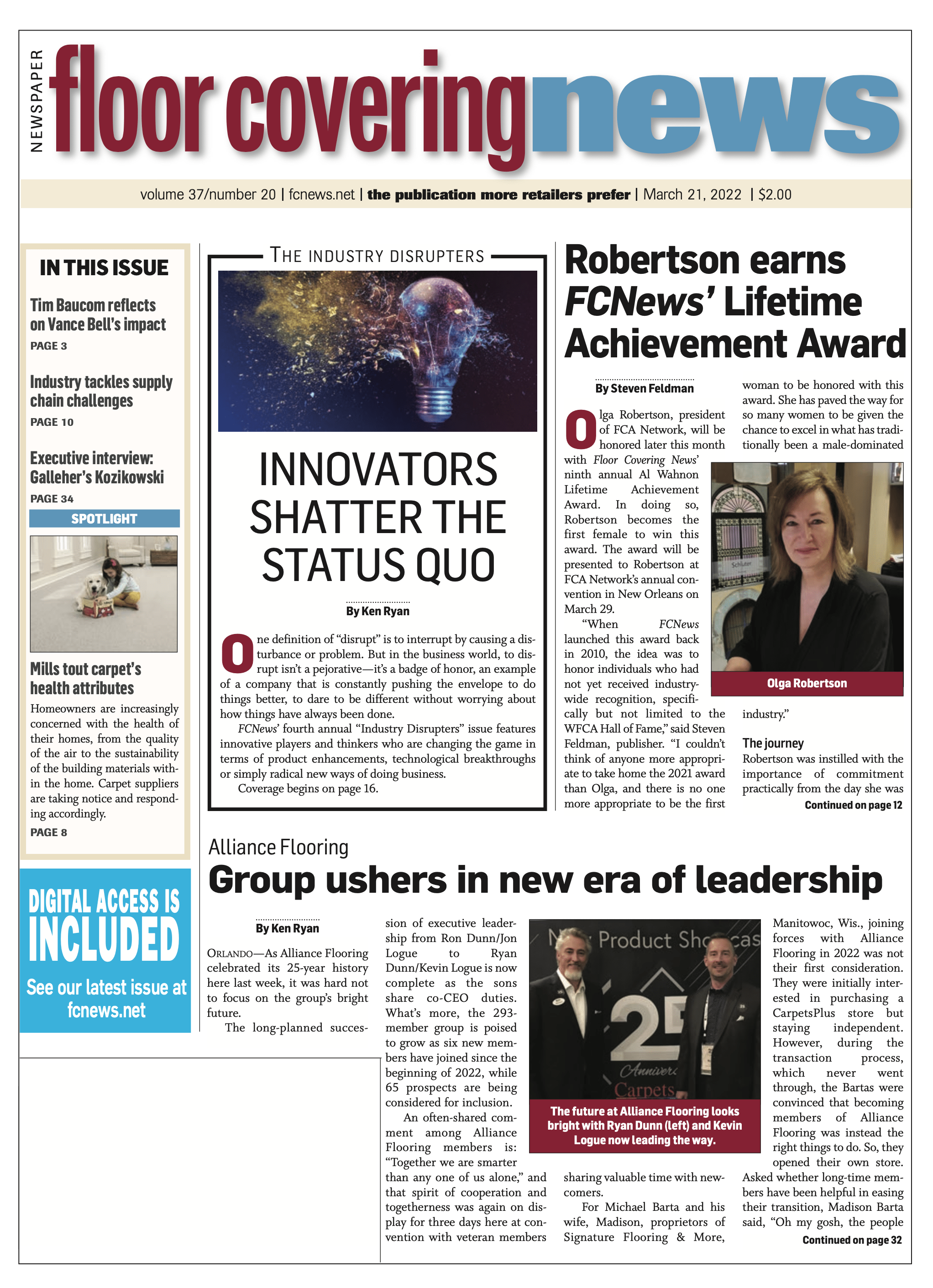 By Grant Petruzzelli—Just as Americans were beginning to take off their masks and get back to work, Russia’s invasion of Ukraine has started to rattle an already fragile recovery effort. Over the past several weeks, the world rallied around sanctions and trade restrictions against Russia. These economic restrictions are unprecedented, especially when weighing both the size of Russia’s economy and its interwoven ties to other countries.
By Grant Petruzzelli—Just as Americans were beginning to take off their masks and get back to work, Russia’s invasion of Ukraine has started to rattle an already fragile recovery effort. Over the past several weeks, the world rallied around sanctions and trade restrictions against Russia. These economic restrictions are unprecedented, especially when weighing both the size of Russia’s economy and its interwoven ties to other countries.
For context, according to the Office of the U.S. Trade Representative, “Russia was the United States’ 20th largest supplier of goods imports in 2019.” While those imports made up $22.3 billion, that number represents less than 1% of the United States’ overall imports. While the risk of a direct impact on consumer goods is minimal, especially as it relates to flooring, the ripple effect of Russia’s actions and how the world responds to them could be a painful reminder about global impacts to Main Street U.S.A.
As such, there will be adverse impacts on the global supply chain. For American flooring contractors, three “choke points” will emerge as the conflict develops. The first, and arguably the most noticeable effect, comes at the gas pump. According to AAA, the national average for a gallon of gas hit $4.325 on March 14, which is $1.47 more than it was a year ago. While Russia only accounts for 3% of America’s crude oil supply, other nations are far more dependent. This is sending crude oil costs upward at an aggressive pace. As Andrew Gross of AAA explains, “It bears reminding that the cost of oil accounts for about 50% of what drivers pay at the pump.” As fuel prices continue to rise, the increased cost of goods will get passed down one fuel surcharge at a time. Rarely is flooring manufactured and procured regionally. Second, as Europe sinches down on Russia’s economy, delays and detention of cargo by customs authorities compound already difficult, post-pandemic conditions. In response, major shipping lines—which cumulatively make up half of the world’s container shipping capacity—suspended service to Russia earlier this month. These delivery bottlenecks impact the offshore movement of all goods, not just Russian containers, as one ship’s delays negatively impact another’s ETAs.
Lastly, while inflation in America is the result of far more than recent Russian aggression, the conflict isn’t going to help mitigate price increases. According to the U.S. Bureau of Labor Statistics, since February 2021, the cost of all goods and services rose by 7.9% (before seasonal adjustments). That impact will hit every American worker, from truck drivers to plant operators, carpet installers to estimators. As the supply chain further erodes, higher inflation will result. That coupled with the Fed’s efforts to hedge it—most notably, higher interest rates—will impact access to capital, both for homeowners and commercial developers.
For retailers, it’s time to adjust pricing yet again. On one hand, this could mean higher-priced sales and increased revenue, as the cost per foot shoots higher—presuming consumers will remain bullish about remodeling needs. For commercial contractors, fuel surcharges and price increases will squeeze margins on long-standing specifications. Future budgets will need to be adjusted higher. Active work in progress might require increased vendor involvement, especially if value-engineered solutions are requested to hedge higher-cost designs. Without a proactive strategy, some project managers will inherit margin erosion, especially if orders are filled with materials that now cost far more than they were sold many months ago.
As organizational leaders, we must operate in this environment with eyes wide open and look for opportunities to alleviate these trickle-down effects. Open and transparent communication with our vendor partners will allow us to honor our commitments to customers as we navigate challenges and value engineer solutions together, protecting the specifier’s hard-earned efforts while maintaining margins for all involved. We must lean into our local suppliers, as they can help offset costly fuel surcharges with local inventory and quick ship finishes. Maximize buyouts, bundling LTL orders when possible into full truckloads. These bulk shipments can reduce costs, both in production and freight.
These efforts can make a big difference as we navigate global uncertainty communally as an industry. For a capitalist nation like ours, we can all do our part by running healthy businesses, taking care of our people, and buying American whenever possible. In the true American spirit, remember our nation’s motto, “E Pluribus Unum”—out of many, one.
Grant Petruzzelli is president of Universal Metro, a Santa Fe Springs, Calif.-based commercial flooring contractor. As third-generation contractor and industry thought leader, he is focused on encouraging the next generation of sales and organizational leadership. Petruzzelli is actively involved in Starnet, where he serves on the advisory council and co-chair of the business development and specifier committee.

